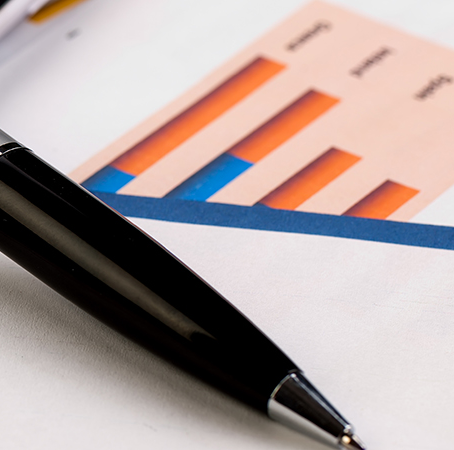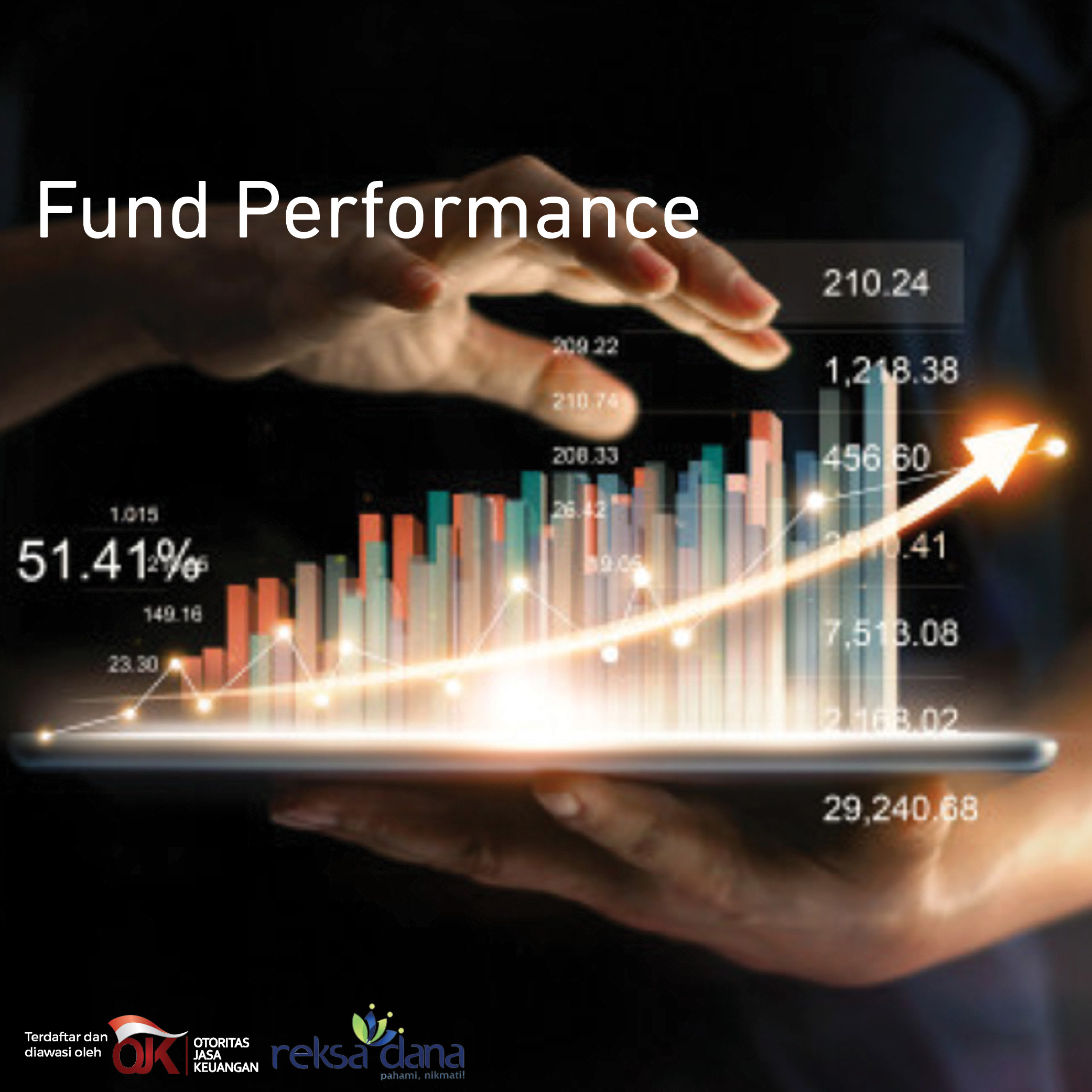Lower government spending leads to GDP deceleration
Statistics Indonesia (BPS) reported a GDP growth rate of 5.05% YoY for 2Q24, decelerating compared to the previous quarter's 5.11% YoY. However, this figure slightly surpassed both our projected estimate and the consensus, which stood at 5.02% YoY and 5.00% YoY, respectively. On the production side, the accommodation and food service sector demonstrated the highest growth, expanding from 9.39% YoY in 1Q24 to 10.17% YoY in 2Q24, driven by more national and religious holidays. Meanwhile, on the expenditure side, Nonprofit Institutions Serving Households Final Consumption Expenditure (LNPRT) showed the highest growth at 9.98% YoY, though it decelerated compared to the previous quarter's 24.29% YoY. Furthermore, nominal and real GDP reached Rp5,536.5 tn and Rp3,231.0 tn, respectively. This slight deceleration in economic growth (5.05% in 2Q24 vs. 5.11% in 1Q24) can be attributed to post-election impact. Government spending growth decreased to 1.42% YoY in 2Q24 (vs. 19.90% YoY in 1Q24). Looking ahead to 2H24, potential global risks could impact economic conditions. These include potential increases in energy prices and rising logistical expenses due to escalating geopolitical tensions. Additionally, La Niña could potentially occur from August to October, triggering heavy rain, floods, and crop failures. However, there are also factors that could support growth, such as increased household consumption and government spending associated with the local elections. Furthermore, the inauguration of the president and vice president is expected to reduce uncertainty, potentially leading to an increase in investment. Globally, some central banks, such as the People’s Bank of China (PBOC) and the European Central Bank (ECB), have cut their interest rates by 10 bps and 25 bps to 3.35% and 4.25%, respectively. Meanwhile, we predict the Federal Reserve (FED) will cut its interest rate by 25 bps in 4Q24, propelled by a lower inflation rate. Taking these factors into account, we forecast the Indonesian economy to grow by 5.1% YoY in FY24.
Household consumption growth hits the highest level since 3Q23
Household consumption continued to be the dominant contributor to the Indonesian economy, accounting for 54.53% of GDP in 2Q24. Furthermore, household consumption increased to 4.93% YoY in 2Q24, reaching its highest level since 3Q23. We attribute this acceleration to national and religious holidays, a managed inflation rate, and Eid al-Fitr bonuses (THR). In 2Q24, inflation maintained a downward trend, falling from 3.00% YoY in April to 2.51% YoY in June. Additionally, the average money supply (M2) grew by 7.42% in 2Q24, surpassing the previous quarter's 5.98% YoY. Looking ahead, we expect growth to continue expanding in 2H24, driven by managed inflation rates, continued social assistance, local elections, and rupiah appreciation. Furthermore, the yearly inflation rate fell to 2.1% YoY in Jul-24, the lowest level since Feb-22, driven by lower food prices. Meanwhile, the rupiah appreciated by 0.7% MoM to Rp16,260/USD in Jul-24, driven by market optimism regarding a potential Federal Funds Rate (FFR) cut. However, BI is expected to maintain its rate until the end of this year. We anticipate that BI may consider cutting its rate after the Federal Reserve does to prevent significant capital outflows.
Post-Election leads to significant drop in government spending growth
Government spending significantly decelerated to 1.42% YoY in 2Q24 (vs. 19.90% YoY in 1Q24), marking the lowest growth rate since 3Q23. We attribute this deceleration to normalization following the general election, although the government continued to spend on the 13th salary for public servants in June and maintain social assistance. Furthermore, government spending accounted for 7.31% of GDP in 2Q24. Meanwhile, state expenditure increased by 11.3% YoY to Rp1,398.0 tn as of 2Q24, representing 42% of the 2024 target. Breaking it down, central government spending grew by 11.9% YoY to Rp997.9 tn, while transfer payments to regions (TKD) increased by 9.9% YoY to Rp400.1 tn. Looking ahead, we anticipate a further deceleration in government spending in 3Q24 due to normalization after the 13th salary.
Investment growth rebounds due to increased political certainty
As the second-largest contributor to the economy, accounting for 27.89% of GDP, gross fixed capital formation (GFCF) or investment growth rebounded to 4.43% YoY in 2Q24, after experiencing a downward trend since 2Q23. We attribute this acceleration to increased political certainty following the presidential and general elections. Furthermore, investment realization slightly accelerated by 22.5% YoY to Rp428.4 tn in 2Q24 (up from 22.1% YoY in the previous quarter). Breaking it down, Foreign Direct Investment (FDI) grew by 16.6% YoY to Rp217.3 tn, contributing 50.7% of the total investment in 2Q24, while Domestic Direct Investment (DDI) increased by 29.1% YoY to Rp211.1 tn, representing 49.3% of the total investment in the same period. Cumulatively, total investment realization rose by 22.3% YoY to Rp829.9 tn in 1H24, achieving 50.3% of the 2024 investment realization target of Rp1,650 tn. We attribute the rise in investment realization to downstream policy, which contributed 24.6% to total investment realization in 2Q24 and 21.9% in 1H24. Looking ahead, investment is expected to pick up in 2H24, primarily driven by an improved ranking in the World Competitiveness Ranking from 34th to 27th, the release of the golden visa, and a potential Federal Funds Rate (FFR) cut in 2H24. However, it is crucial for the government to maintain political stability amidst the government transition and appoint the right ministers to sustain investor optimism.
Exports and imports significantly jump
Exports and imports accounted for 21.40% and 19.88% of 2Q24 GDP, respectively. Export growth significantly accelerated to 8.28% YoY in 2Q24 from 0.50% YoY in 1Q24, driven by export of non-oil and gas. Meanwhile, import growth jumped to 8.57% YoY in 2Q24 from 1.77% YoY in 1Q24, driven by the import oil and gas. Furthermore, Indonesia has maintained trade surplus for 50 consecutive months. However, the trade surplus narrowed to USD15.45 bn in 1H24 from USD19.91 bn in 1H23. Looking ahead, we expect exports to decline further due to weakening global demand. Conversely, imports are expected to perform better as the domestic economy remains resilient. Taking these factors into account, we forecast a wider current account (CA) deficit of -0.4 % of GDP in 2024, compared to -0.1 % of GDP in 2023.
















